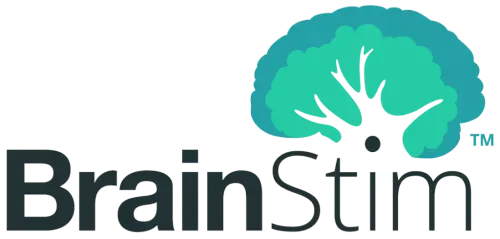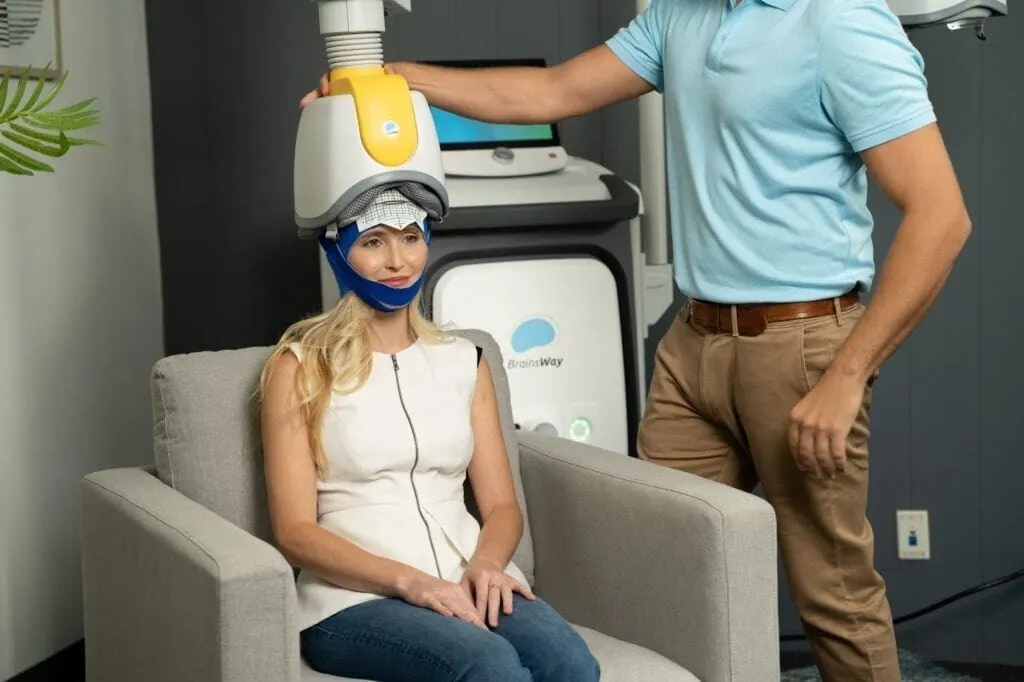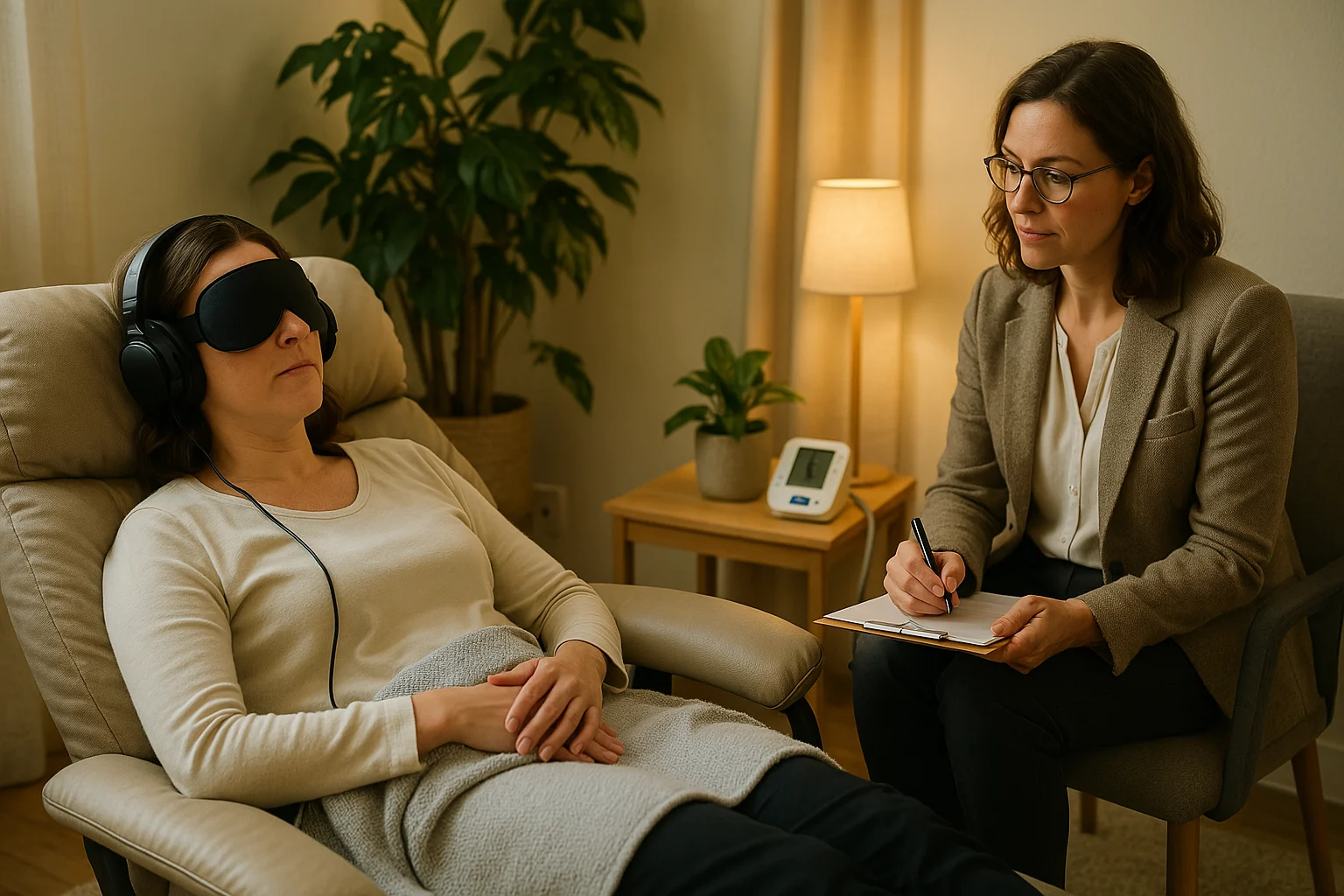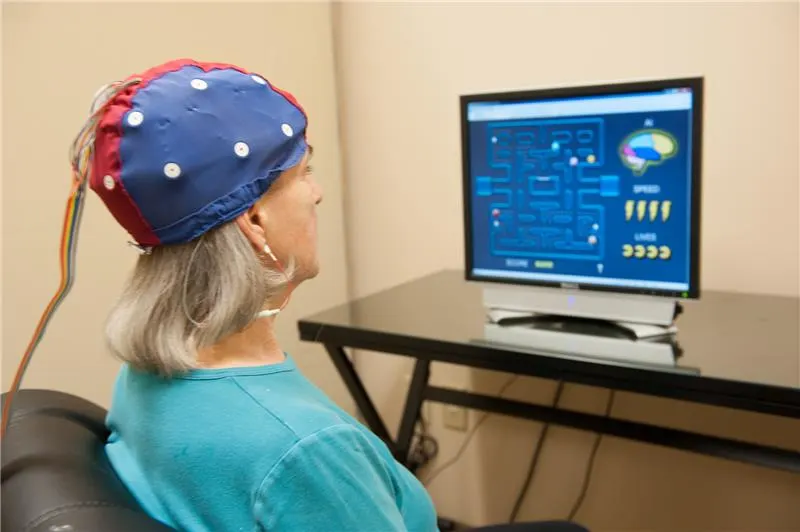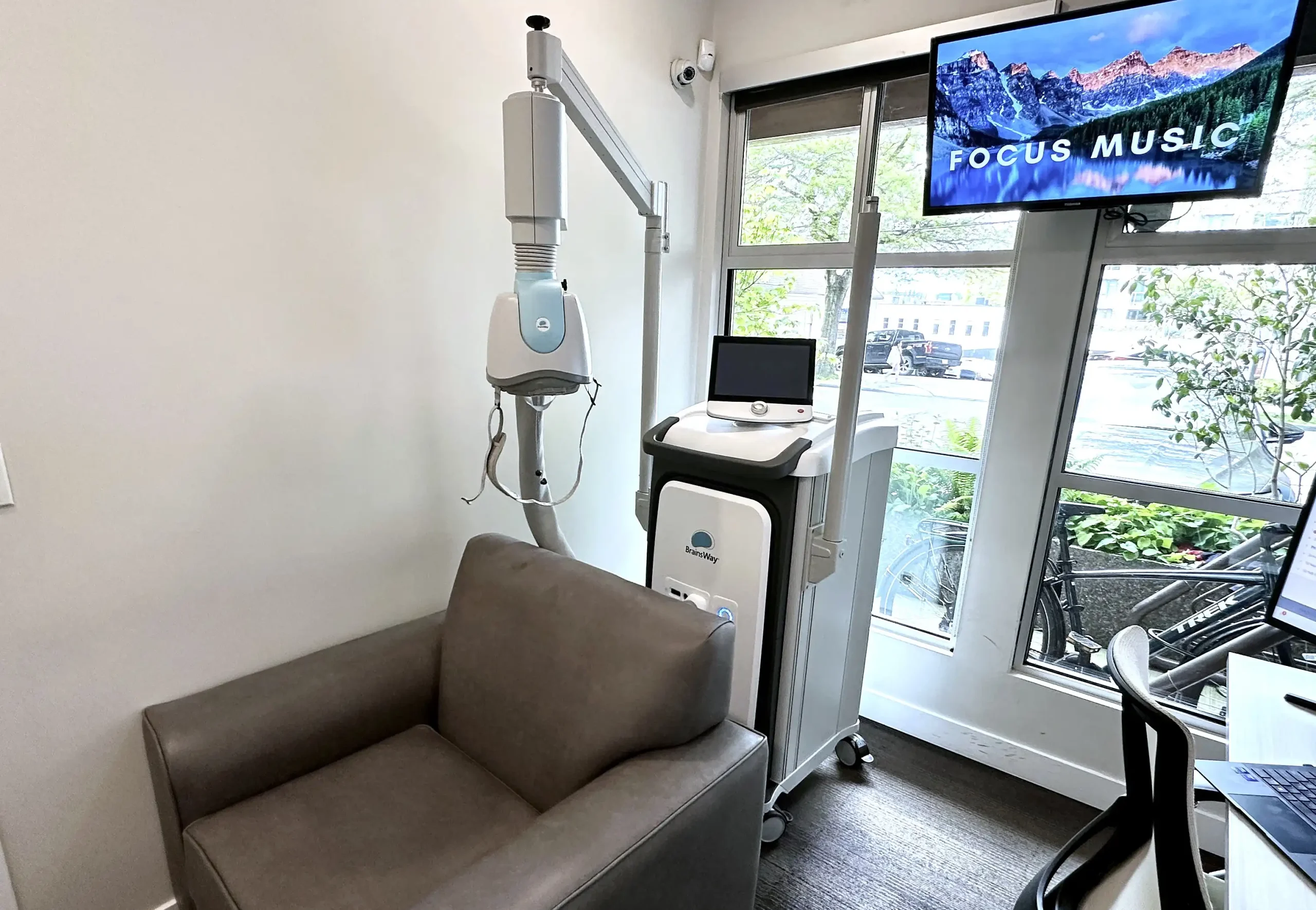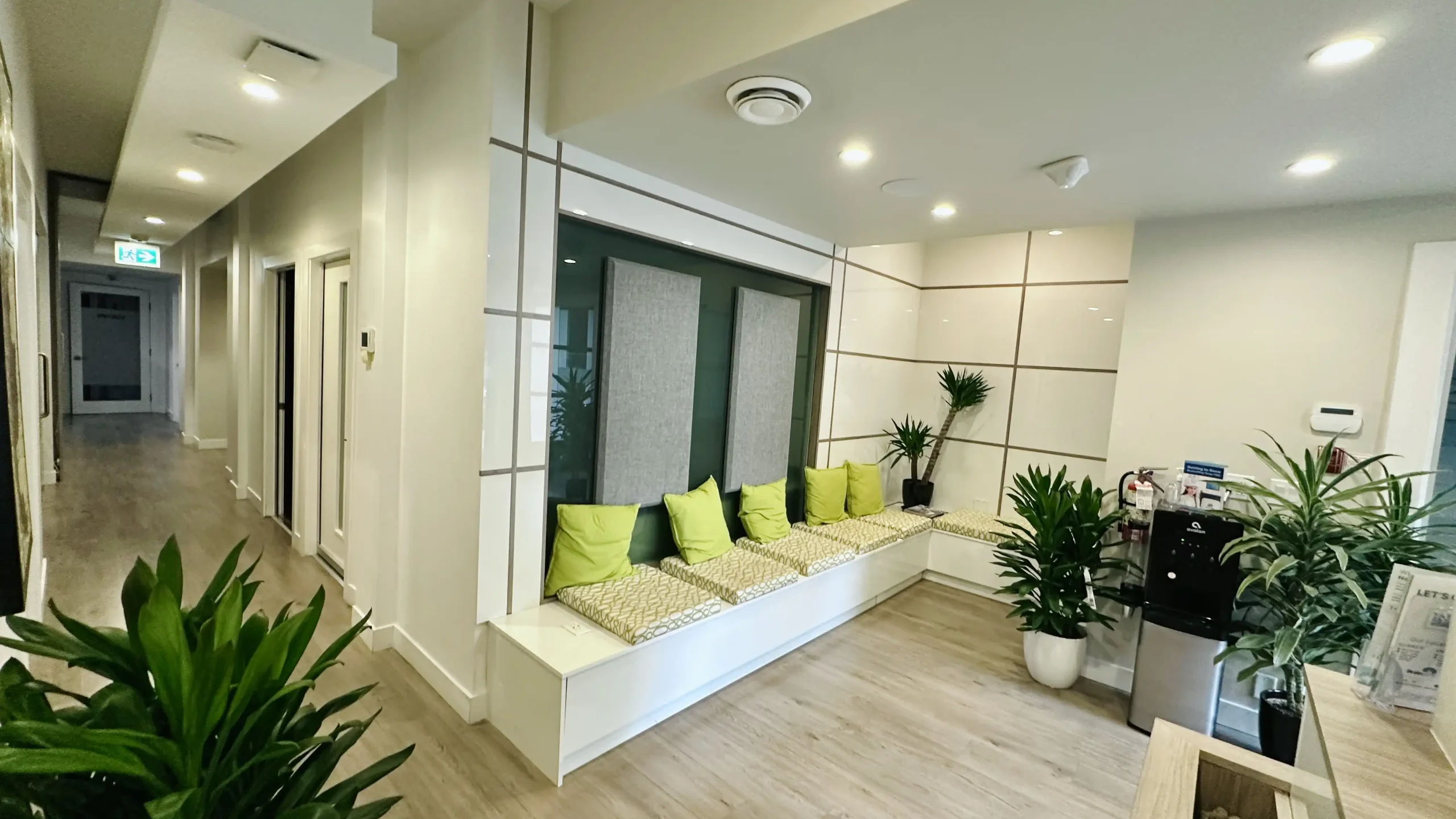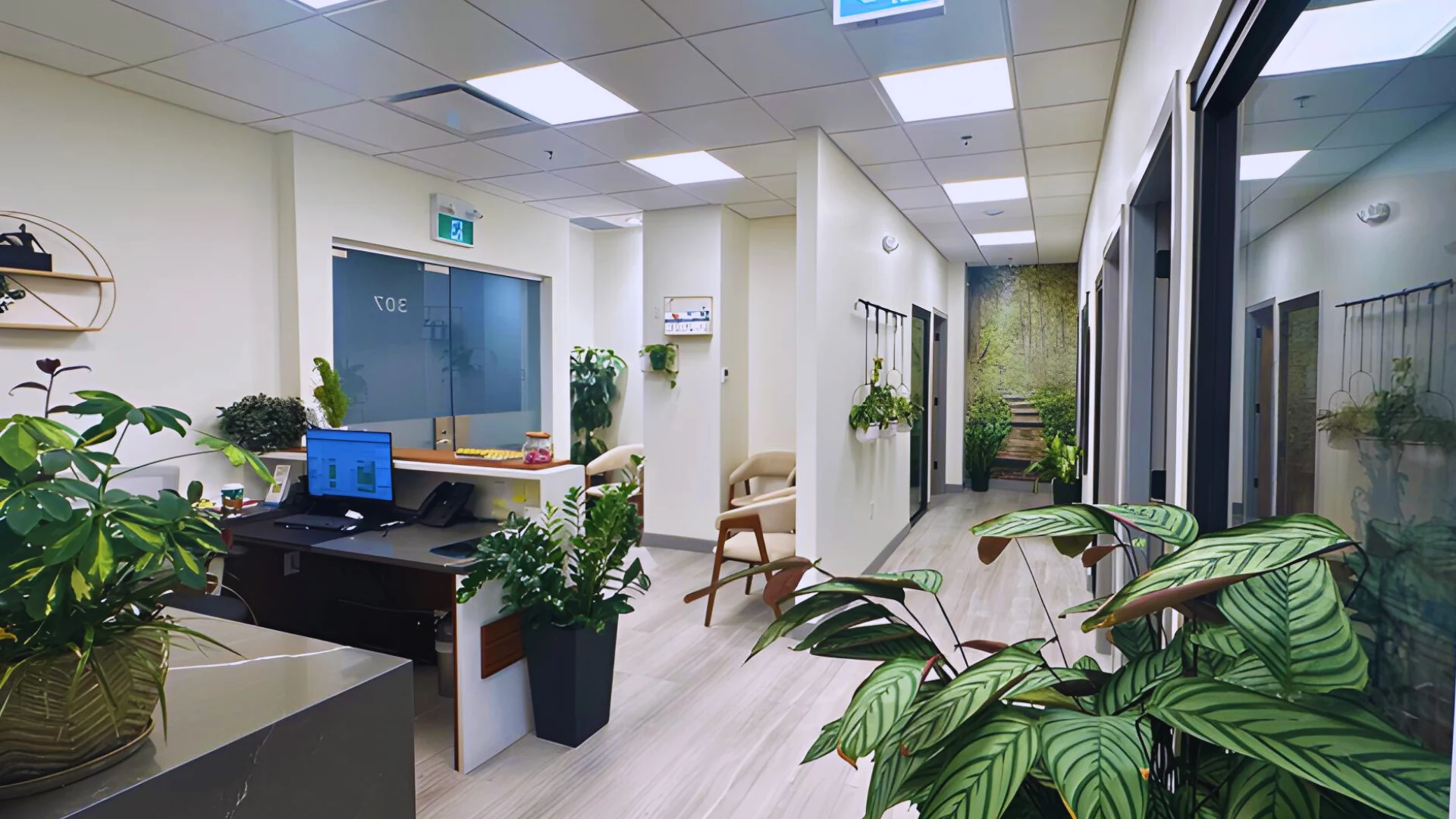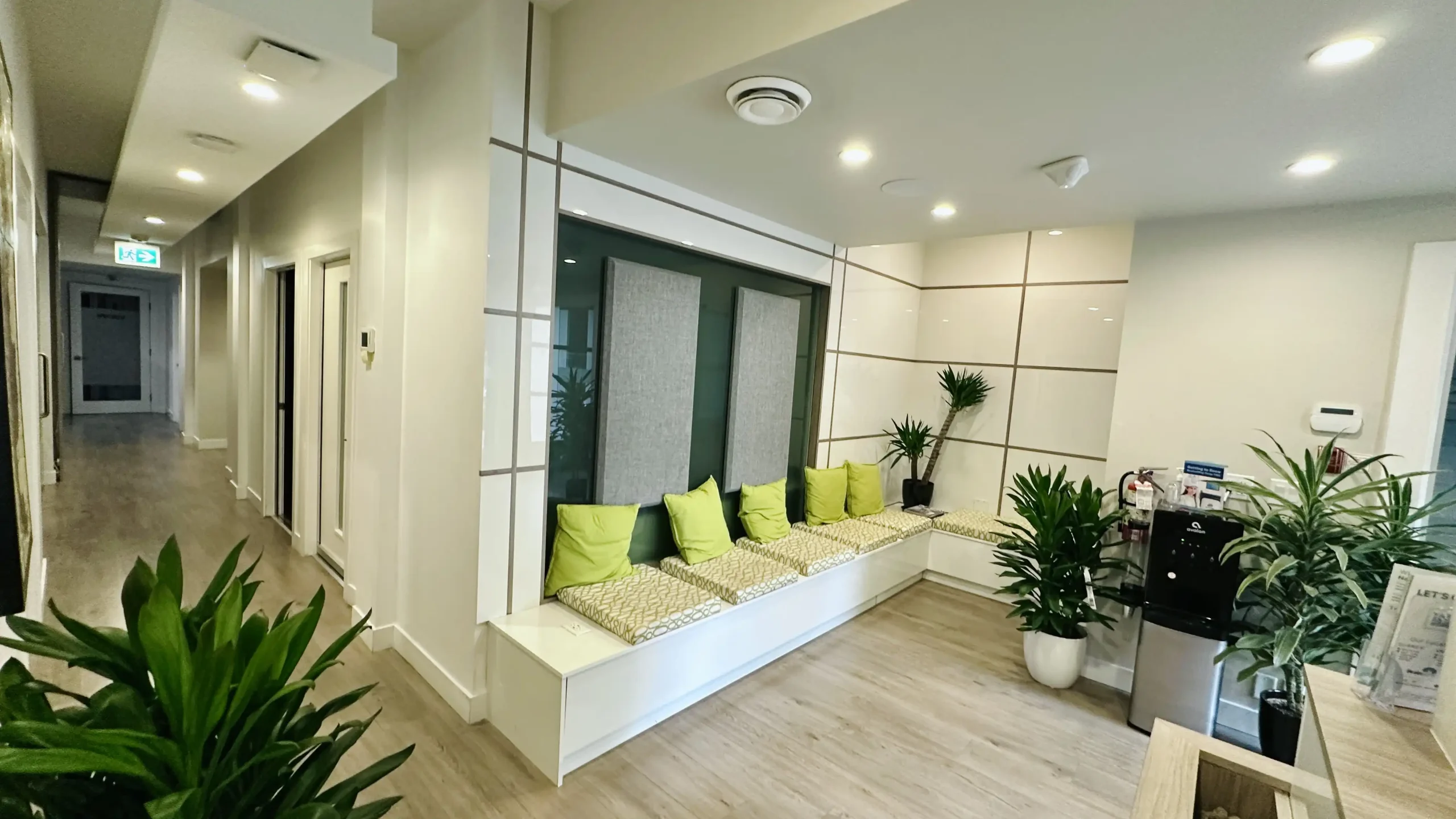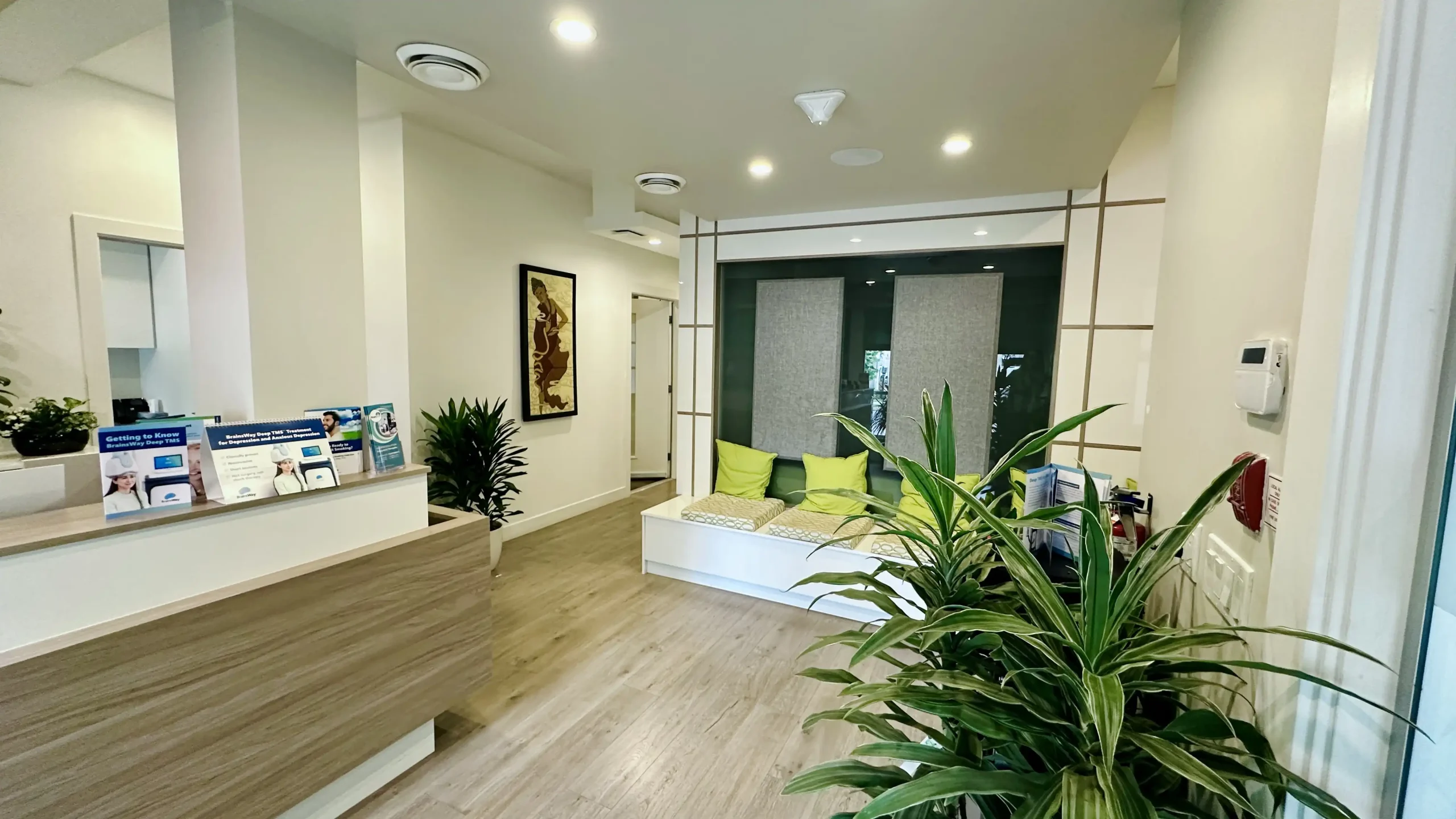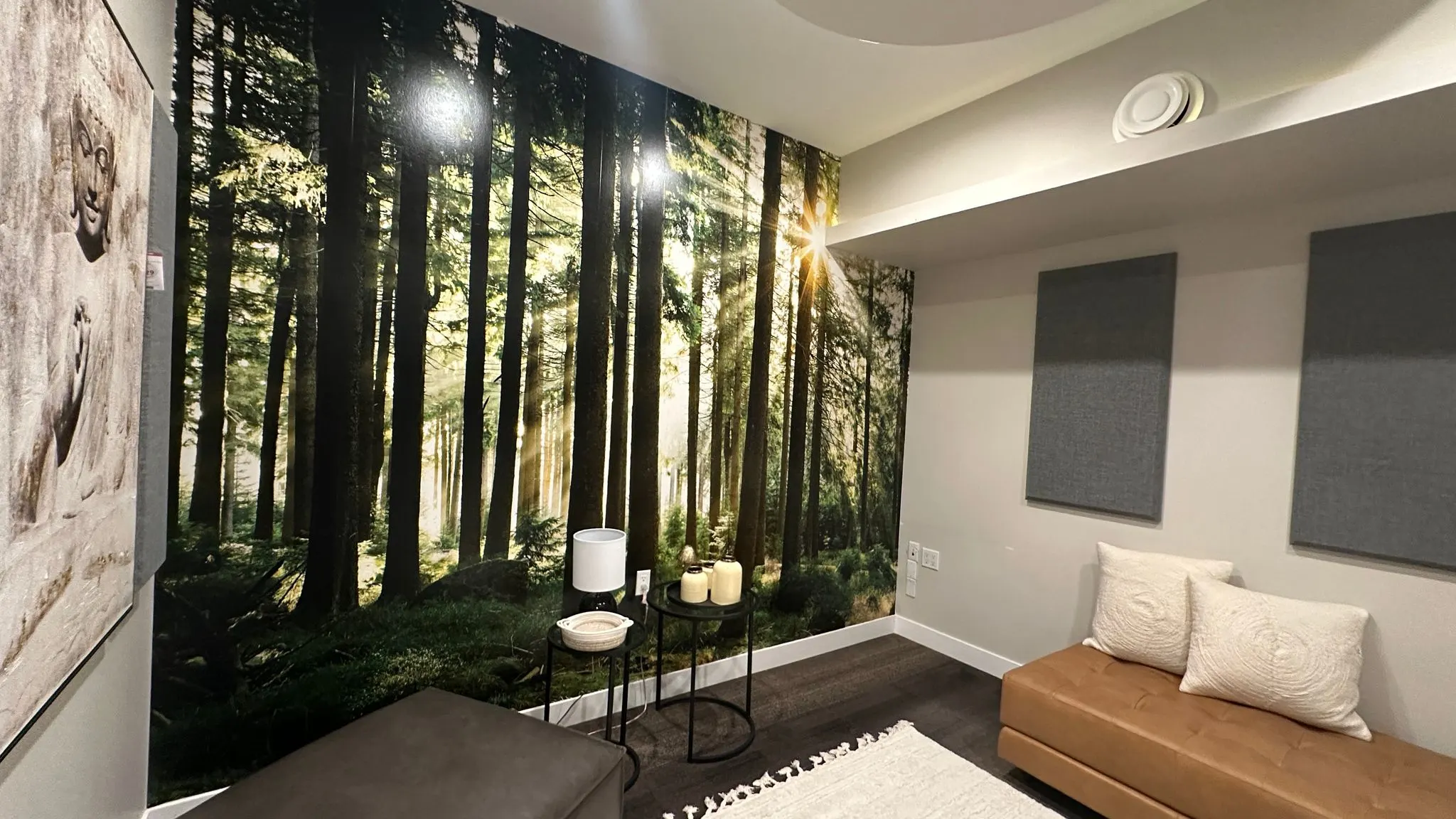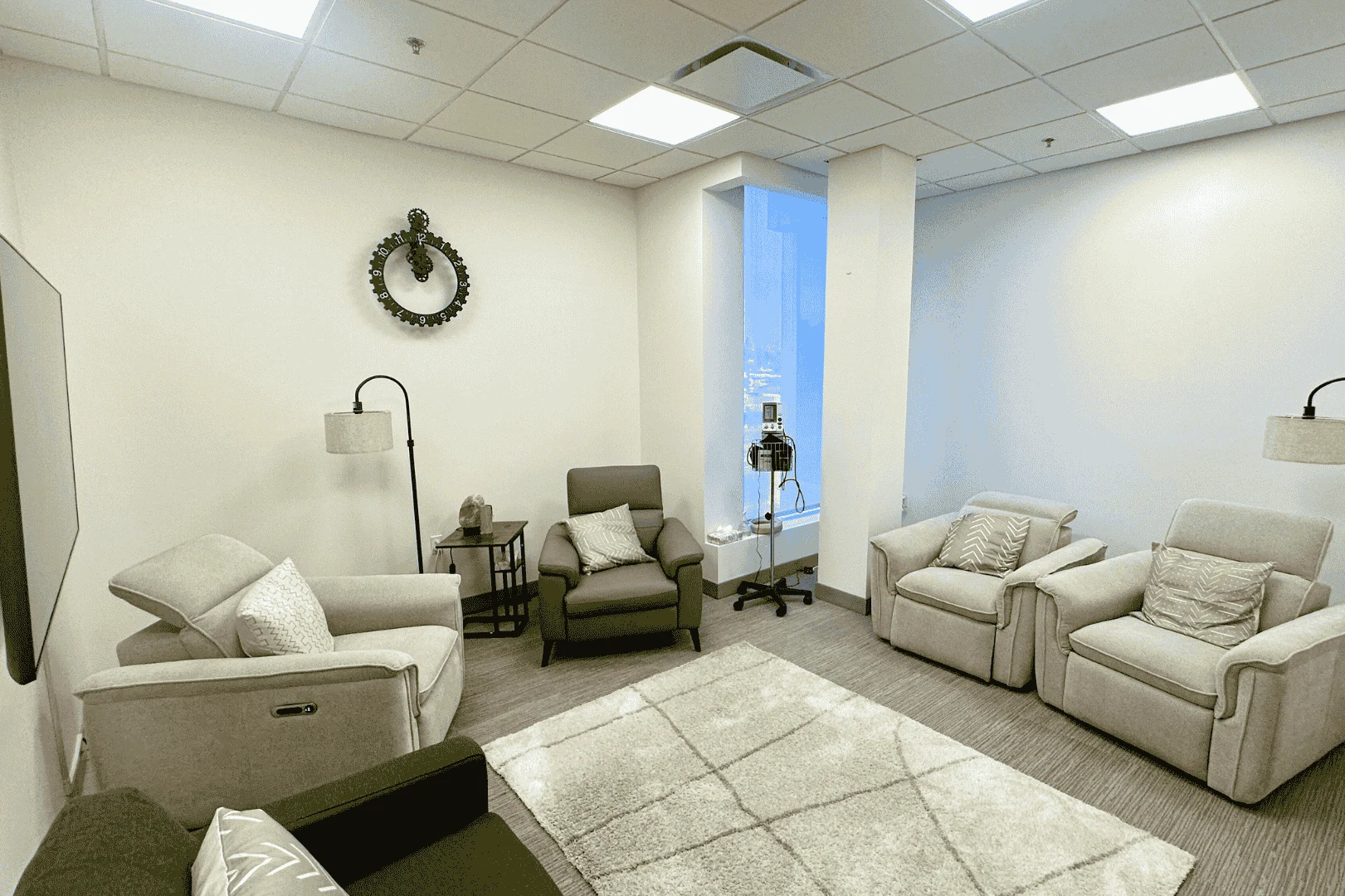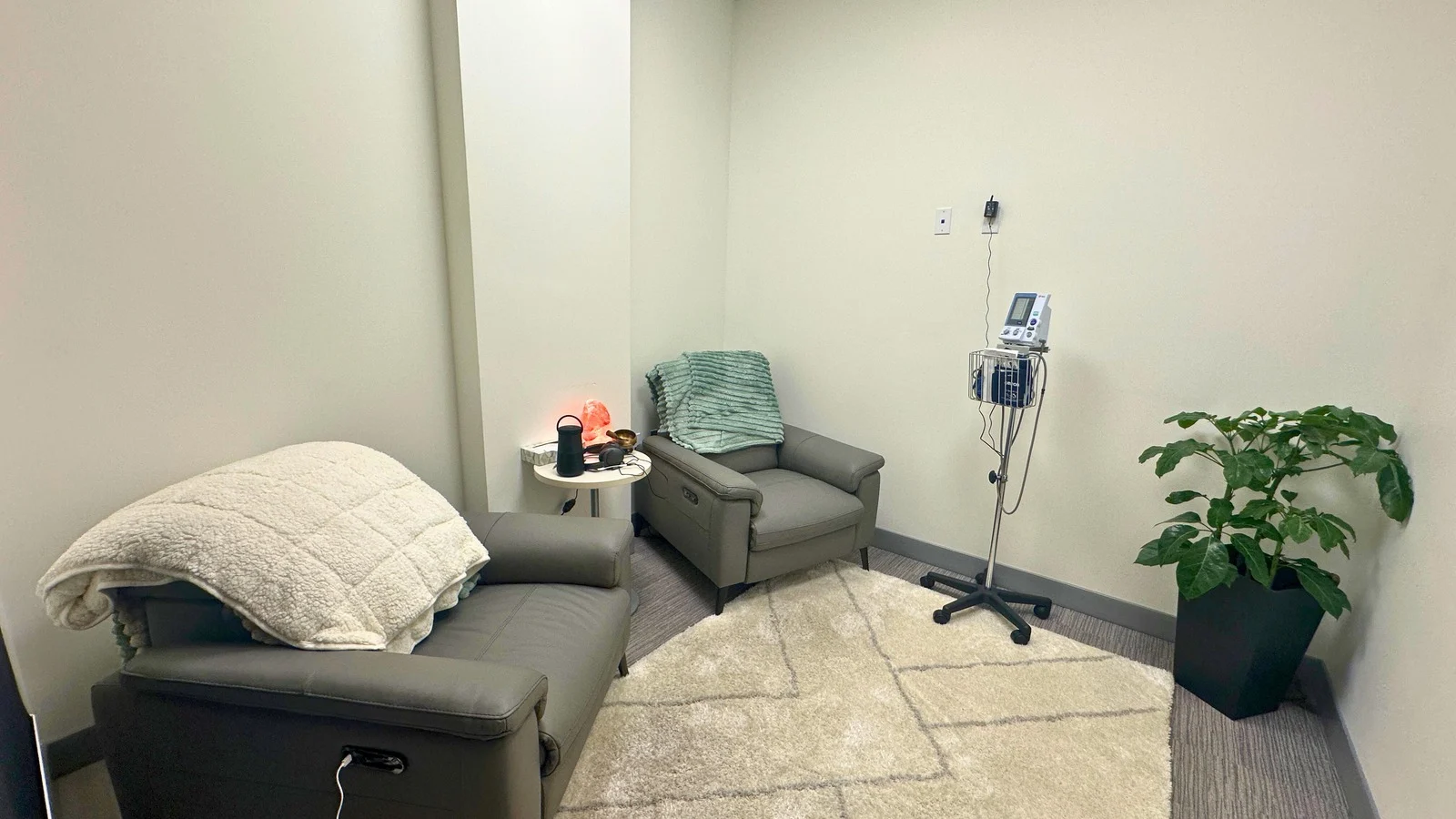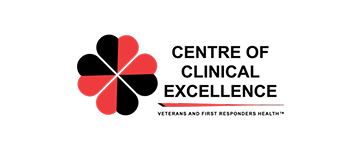Welcome to BrainStim Health
Where Science Meets Healing in Mental Health
Neuroplasticity | Clinical Expertise | Advanced | Care | Personalized Support
TMS Therapy
Relief for Depression, Anxiety, OCD, and Smoking
Drug-free | Non-invasive | Proven
Ketamine Assisted Therapy
Fast, effective relief for Treatment-Resistant Depression
Advanced Treatment | Medically Supervised | Research-Backed
Veterans & First Responders Program
Specialized treatment for those who serve
Trauma-Focused | Depression | PTSD Care | Addiction Support
LIFTnow:
5 Days to Rebalance Your Brain
Achieve rapid recovery from depression with dTMS protocol
Fast Relief | non-invasive | Lasting Impact | Evidence-Based
Our Services
Transcranial Magnetic Stimulation (TMS) is a non-invasive treatment that effectively reduces symptoms of depression, anxiety, and OCD by stimulating brain activity.
Ketamine-Assisted Therapy provides fast, effective relief for depression, PTSD, and other mental health conditions resistant to traditional treatments.
Psychotherapy helps individuals address depression, anxiety, and trauma by providing tools to improve mental health and build emotional resilience.
BrainStim Health is dedicated to empowering Veterans to reclaiming wellness. We understand the distinct mental health burdens they carry.
Neurofeedback - Coming Soon!
Harness the power of brainwave training to improve focus, emotional regulation, sleep quality, and overall mental wellness—naturally and non-invasively.
ADHD Programs - Coming Soon!
Comprehensive, evidence-based programs designed to support individuals through brain-based strategies, structured coaching, and personalized care plans.

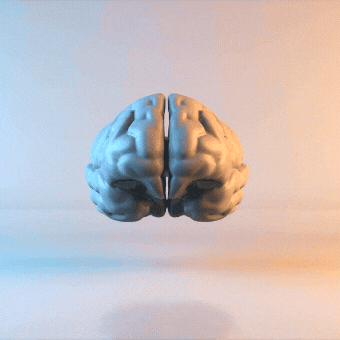
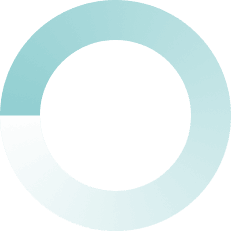
Advanced Mental Health Treatment Through Neuroplasticity
- Overcome Depression, Anxiety, PTSD & MDD with Expert Care
- Specialized, Advanced Care for Veterans & First Responders
- Cutting-Edge Therapies with Compassionate Experts
- Personalized Treatment Designed for Your Mental Health Needs
- Expert-Led, Proven Therapies for Lasting Wellness

STIMPath
Your Treatment Journey – 5 Steps to Recovery
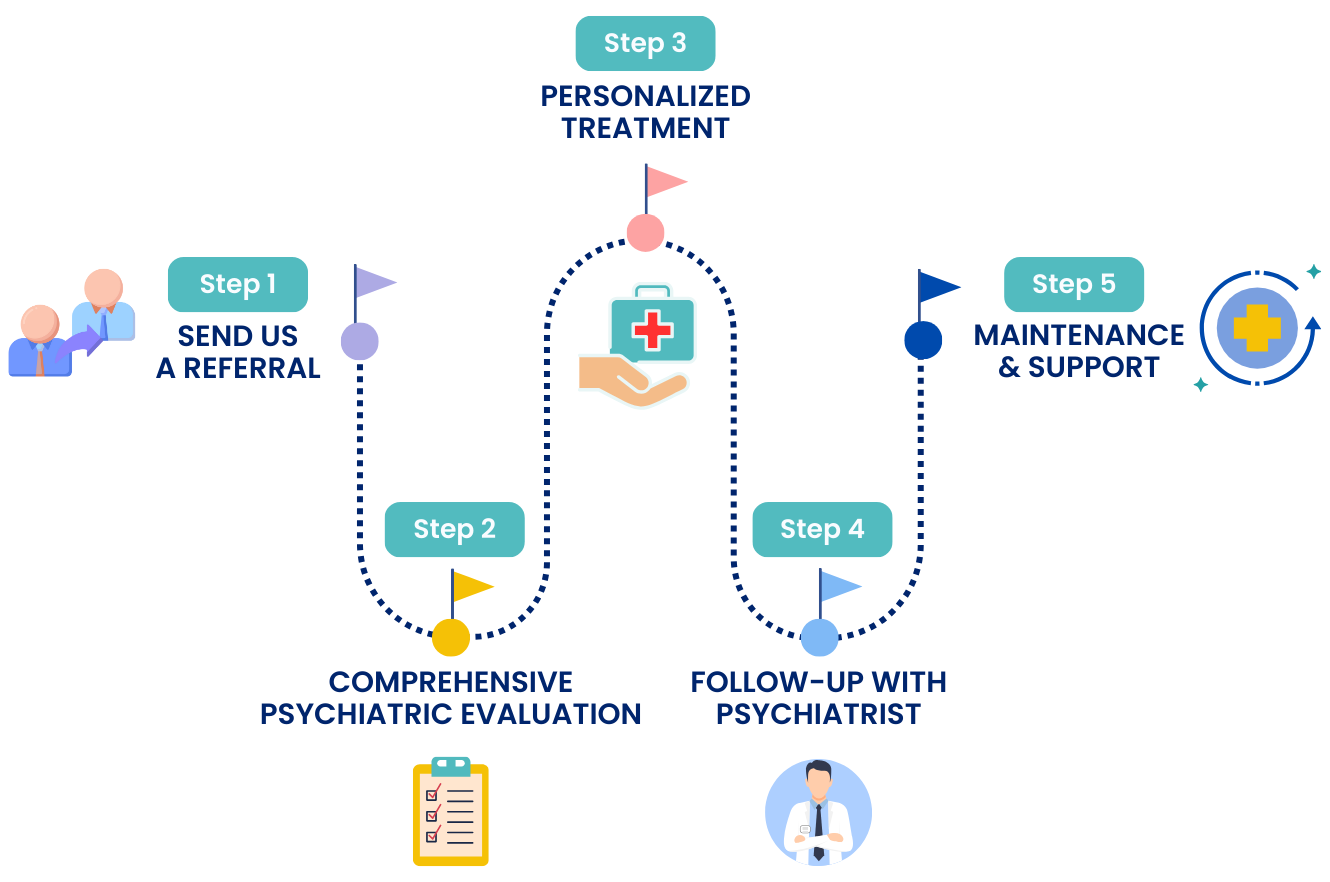
Start your treatment by filling out the form, We’ll contact you soon with the best option for your care.

Dr. Venu Karapareddy
Founder & Director
Our Mission
At BrainStim Health, we transform mental health care with cutting-edge, evidence-based treatments that harness neuroplasticity.
Through TMS, Ketamine Therapy, and Psychotherapy, we help individuals overcome depression, anxiety, PTSD, and other mental health challenges restoring hope and enhancing well-being.
With 7 clinics across Canada we are expanding access to high-quality, non-invasive mental health care. Our specialized programs for Veterans and first responders provide tailored support, fostering resilience and long-term recovery through peer-driven healing and advanced therapies.


Virtual consultation
Free Ketamine Consultation
Our expert therapists provide a free 15-minute virtual ketamine therapy consultation, letting you ask questions and begin your healing journey from home.
Veteran & First Responders Program
BrainStim Health Veteran’s Programs are led by highly experienced mental health providers who have dedicated their careers to supporting Veterans and First Responders.
Our advanced navigational program ensures Veterans gain rapid access to the care they need, while our deep understanding of military culture guided by insights from a former service member ensures a Veteran-centric approach.
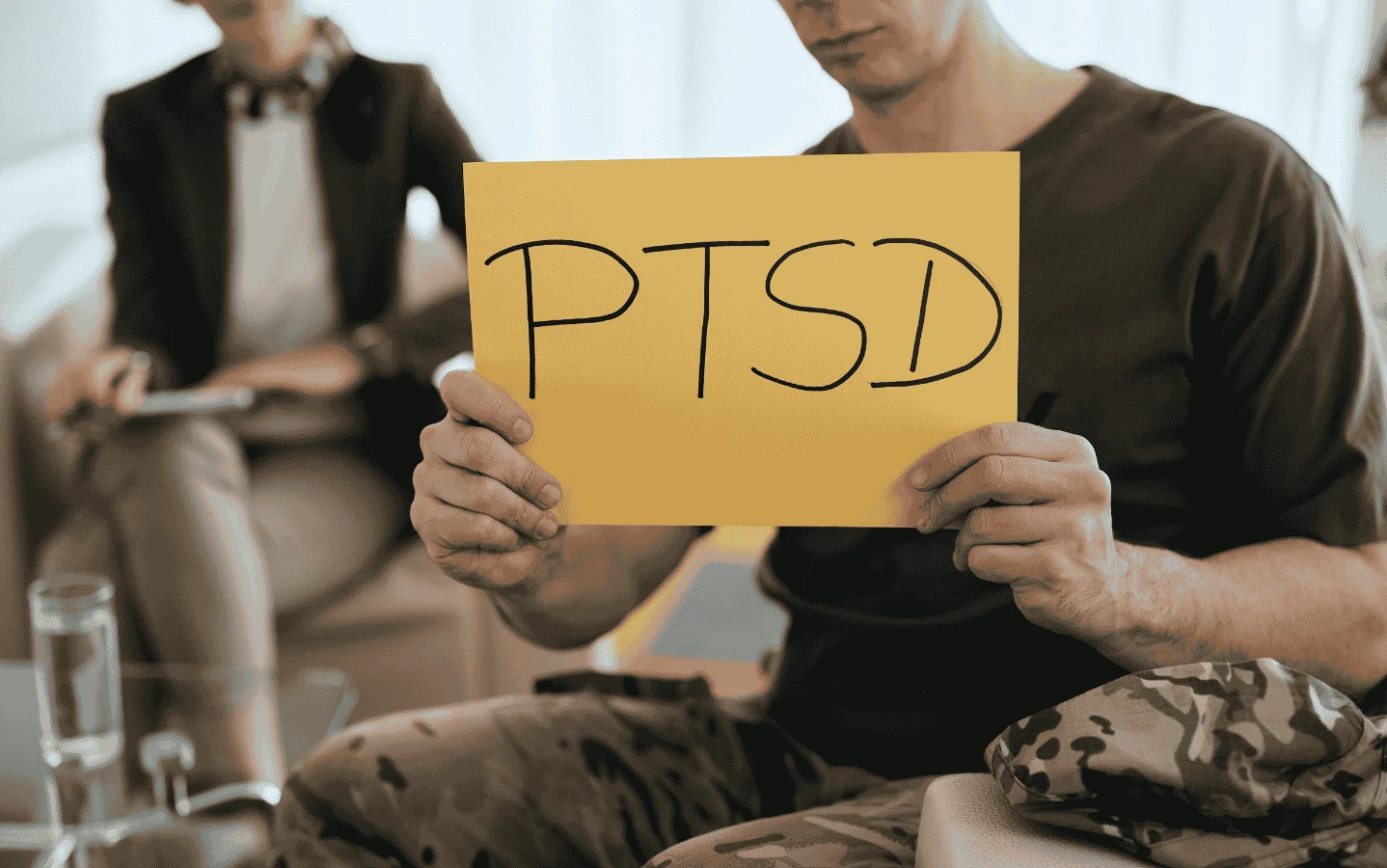
Our Clinics
BrainStim Health is an advanced mental health treatment center, offering renowned ketamine therapy and TMS depression treatment among other cutting-edge methods. Our ketamine Vancouver and other ketamine Canada therapy centres are
staffed by experts with over 20 years of experience in the field.
We currently operate in Vancouver, Surrey, Perth, and Ottawa, with Halifax opening soon.
Event Highlights
Last Event
- April 26, 2025
- In person and Online

Dr. Venu Karapareddy
Neuromodulation/TMS

Dr. Jeff Morley
PTSD and Psychedelics

Tatiana Santini
Ketamine for Depression & PTSD
1000+
Satisfied Patients
7
Clinics across Canada
20+
Years of experience
Testimonials
“Dr Venu. and his team are excellent. The care and support is outstanding. The treatment has been very helpful in improving my day to day Health.”
Garret. M
“I highly recommend Brain Stim if you’re looking for a compassionate partner in your mental health recovery journey.”
Athena
“I found the Brainstim team to be very empathetic. They created a very safe environment both emotionally and physically. I rate the overall experience as excellent, and I am so grateful for the treatment.”
CP
My overall experience was great. The Brainstim team were very welcoming.
Veteran C
Brainstim surrey
"What impressed me most was the clinical precision. Each session felt like a targeted intervention, guided by advanced neurological mapping. The technician explained each step of the process."
FM
Brainstim surrey
"Overall, the rTMS program was excellent. In a very short period of time I have cut my medications by 50%. My mood has been lifted greatly. More Veterans should be made aware of this program. Spread the word."
